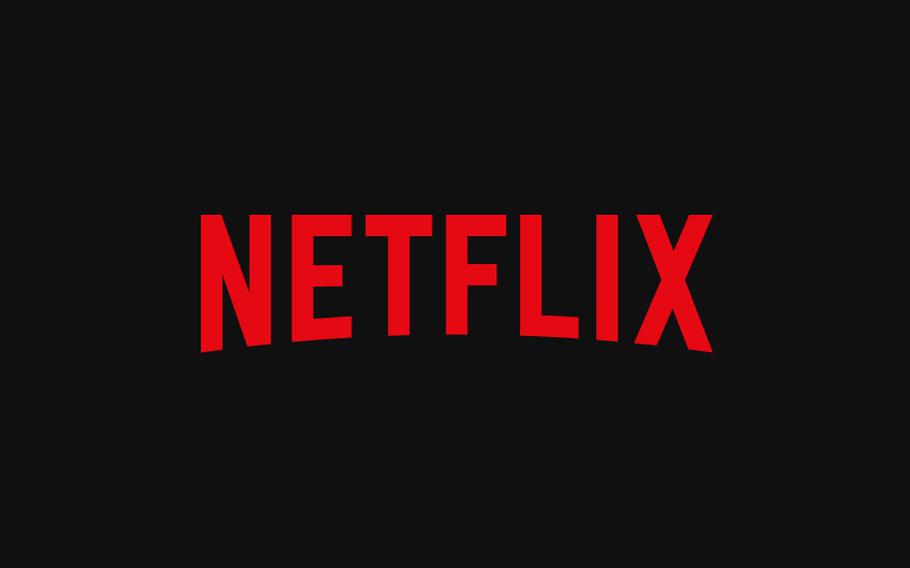Here’s some free advice for HR departments: If you don’t want your employees to make use of the benefits you offer, avoid launching a media blitz to promote just how great they are.
This seems to be the obvious lesson Netflix has learned nearly a decade after it first allowed new parents to take unlimited leave during the first year of their baby’s life — a policy that was seemingly unrivaled among U.S. companies back then, and remains so today.
But The Wall Street Journal reported last week that the company has been walking back the generous parental leave guidelines it debuted in 2015. The reversal is part of a broader cultural shift at Netflix as it moves away from its one-time core values of “freedom and responsibility.”
Back when the parental leave benefit was introduced, the company’s chief talent officer wrote in a widely covered blog post that “we want employees to have the flexibility and confidence to balance the needs of their growing families without worrying about work or finances.” Behind the scenes, she told other executives she did not expect that many people would take a full year, the WSJ reported.
Surprise! Within 24 hours of the policy’s announcement, requests started pouring in.
Netflix treated the one-year parental leave policy like a gimmick — a way to garner good PR and attract and retain talent amid a tight labor market. But its popularity shows that to employees, it was a much-needed and -wanted benefit that had the potential to significantly improve their lives.
The way Netflix implemented and talked about the policy should have been the first red flag. Telling workers they have the option to take unlimited parental leave is not the same thing as giving everyone a year off after they have a baby. The approach created an ambiguity — which the company only deepened with its vague and inconsistent behavior. Employees at one time were told new parents generally take four to eight months off. Later they were instructed to talk to their managers about what made most sense for them and the company. Another communication said they should follow local norms, while some were told anything over six months had to be approved by a manager. One manager rightly pointed out that such messaging “reads like we are limiting an existing benefit without saying outright that’s what we’re doing.”
The side effects of unlimited parental leave are the same as those that come with offering an unlimited vacation policy — a popular Silicon Valley startup perk deployed in the war for talent. Employees often end up taking less time off because they’re worried they’ll be perceived as slackers and end up hurting their careers.
There’s some suggestion that is just what happened at Netflix. The WSJ reported that executives in leadership meetings said they were concerned that it appeared like a lot of employees who were on parental leave or just returning were being impacted by layoffs. (Netflix told the Journal that employees on leave were not targeted.)
Netflix and its peers initially adopted these kinds of family friendly benefits in part to attract and retain women in an industry dominated by men. We now have entered an era where diversity is not nearly as high on corporate America’s priority list as it once was. Companies have been rolling back their DEI efforts under pressure from right-wing activists and in anticipation of a Trump administration likely to target companies that promote “woke” policies.
But there are more subtle ways to unwind your commitments to creating a diverse workplace than slashing your DEI team. That includes eliminating or rolling back policies that attract and support employees who need a different way of working than the status quo — whether that’s the flexibility of working from home or generous parental leave.
Beth Kowitt is a Bloomberg Opinion columnist covering corporate America. She was previously a senior writer and editor at Fortune Magazine. This column does not necessarily reflect the opinion of the editorial board or Bloomberg LP and its owners.

(Netflix)